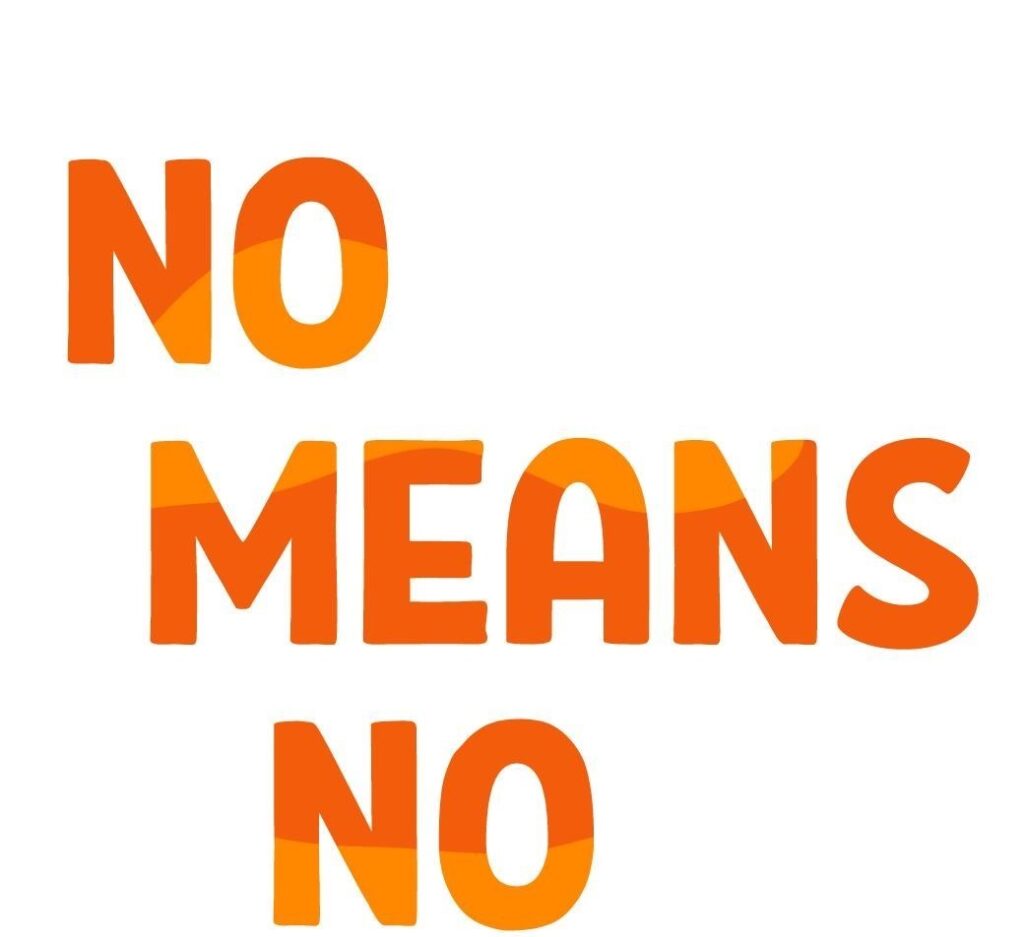
In a world that often champions the pursuit of endless possibilities and opportunities, the ability to say “no” emerges as a formidable skill that can shape the course of one’s life. The power of “no” lies not just in its brevity but in its capacity to establish boundaries, prioritize self-care, and nurture authenticity. Embracing the art of saying “no” is a transformative journey toward reclaiming control over one’s time, energy, and overall well-being.
At its core, the power of “no” is rooted in the concept of assertiveness—an essential component of effective communication and personal empowerment. Assertiveness is the ability to express one’s thoughts, feelings, and needs confidently and respectfully, without infringing on the rights of others. Saying “no” is a manifestation of assertiveness, signaling a clear understanding of personal limits and priorities.
One of the primary benefits of mastering the art of saying “no” is the establishment of boundaries. Boundaries serve as a protective shield, safeguarding individuals from overcommitting, burnout, and unnecessary stress. By setting clear boundaries, people communicate their limits to others, preventing the erosion of their time and energy. This fosters healthier relationships, both personally and professionally, as it encourages mutual respect and understanding.
Moreover, the power of “no” is instrumental in prioritizing self-care. In a society that often glorifies busyness and constant productivity, individuals may find themselves caught in the relentless pursuit of external validation and success. Saying “no” allows individuals to prioritize their physical, emotional, and mental well-being by avoiding activities or commitments that compromise their health or hinder personal growth.
By exercising the power of “no,” individuals can also cultivate a deeper sense of authenticity. Authenticity is the alignment between one’s actions, values, and true self. Saying “no” when necessary is an affirmation of one’s authenticity, as it reflects a commitment to staying true to personal beliefs and priorities. Authenticity breeds confidence and resilience, contributing to a more fulfilling and purpose-driven life.
Furthermore, the power of “no” empowers individuals to make intentional choices that align with their long-term goals. It serves as a filter, allowing individuals to sift through opportunities and commitments to discern those that contribute positively to their personal and professional development. In this way, saying “no” becomes a strategic tool for effective time management and goal achievement.
However, embracing the power of “no” does not mean rejecting every opportunity that comes one’s way. It is about cultivating discernment and learning to say “no” with purpose. The ability to decline certain requests or invitations should be coupled with effective communication, providing clarity and understanding to those involved. This helps maintain healthy relationships while safeguarding one’s own well-being.
In conclusion, the power of “no” is a transformative force that empowers individuals to establish boundaries, prioritize self-care, and live authentically. It is a skill that, when wielded with intention and assertiveness, becomes a catalyst for personal and professional growth. By embracing the art of saying “no,” individuals can reclaim control over their lives, make intentional choices, and pave the way for a more fulfilling and purpose-driven existence.








